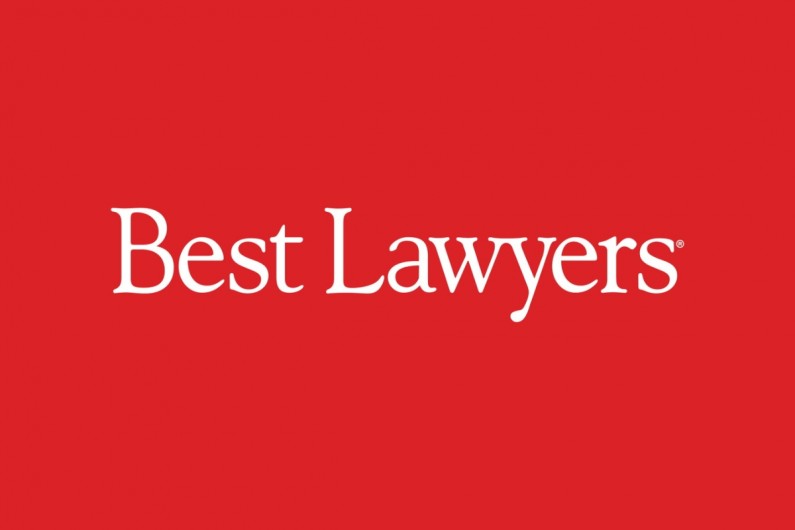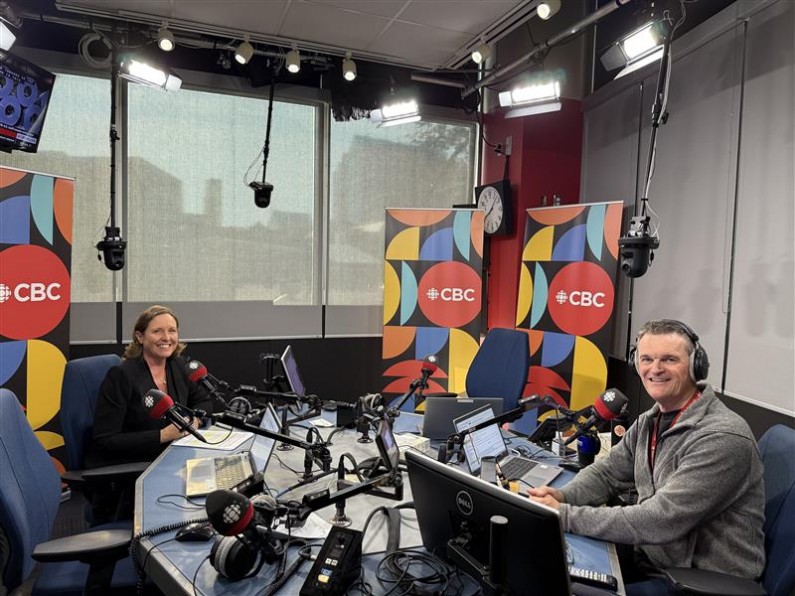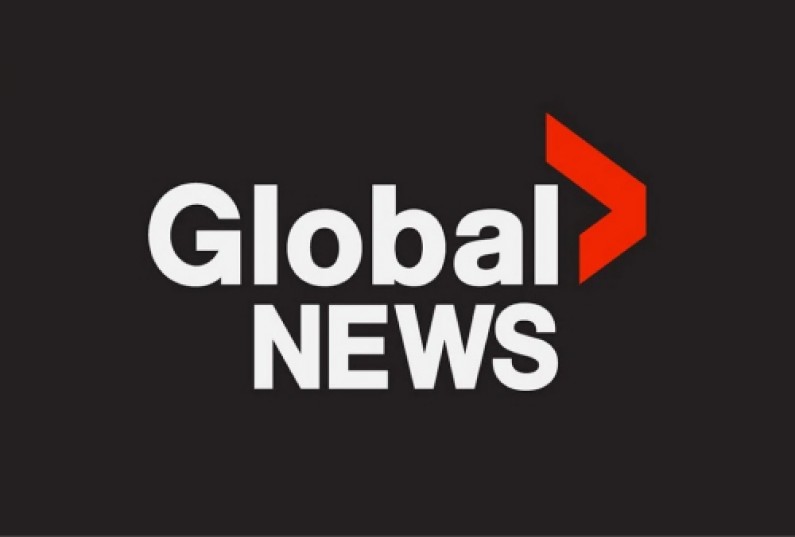News
The contents of these posts are for general information only, and should not be construed as legal advice.
Weir Bowen Recognized in the Second Edition of Best Law Firms – Canada
We are proud to announce that Weir Bowen has been recognized in the second edition of Best Law Firms™ - Canada, this recognition is a testament to our commitment to standing beside our clients with trusted counsel and exceptional service.Seven Weir Bowen Lawyers Recognized by Best Lawyers in Canada
We are pleased to announce that 7 Weir Bowen lawyers have been recognized by their peers for inclusion in the 2026 edition of Best Lawyers The Best Lawyers in Canada®CBC Radio: A group of lawyers across Canada want to better support sexual abuse survivors
Closing arguments in the Hockey Canada sexual assault trial are expected to begin Monday in a London, Ont. , courtroom.
Global News: More victims possible in sex assault probe at Edmonton clinic: police
Five months after police charged a sonographer in connection with the sexual assault of a female patient at a clinic in southeast Edmonton, police say they believe other patients may have been victims.Seven Weir Bowen Lawyers Recognized by Best Lawyers in Canada
We are pleased to announce that seven Weir Bowen lawyers have been recognized by their peers for inclusion in the 2022 edition of Best Lawyers in Canada, including Shelagh McGregor,...
Six Weir Bowen Lawyers Recognized by Best Lawyers in Canada
We are pleased to announce that six of our lawyers have been recognized by their peers for inclusion in the 2021 edition of Best Lawyers in Canada, including Joseph Miller,...
Podcast: Inside Medical Malpractice
OverviewThis series of podcasts with plaintiff lawyer Shelagh McGregor is an absolute must for anyone considering medical legal work or wanting to know more about the role of the expert...
Alberta Courts’ Response to COVID-19
The Courts have implemented several changes to encourage social distancing in accordance with the recommendations of the government and public health authority.
Weir Bowen – COVID-19 Firm Update
At Weir Bowen we are continuing to monitor the evolution of COVID-19 and are following the recommendations of our government and public health officials to ensure the safety of our employees and clients.INDIGENOUS LAND ACKNOWLEDGEMENT
The lands on which Edmonton sits and the North Saskatchewan River that runs through it have been the sites of natural abundance, ceremony and culture, travel and rest, relationship building, making, and trading for Indigenous peoples since time immemorial. Edmonton is located within Treaty 6 Territory and within the Metis homelands and Metis Nation of Alberta Region 4. We acknowledge this land as the traditional territories of many First Nations such as the Nehiyaw (Cree), Denesuline (Dene), Nakota Sioux (Stoney), Anishinaabe (Saulteaux) and Niitsitapi (Blackfoot).
Weir Bowen acknowledges the many First Nations, Métis and Inuit who have lived in and cared for these lands for generations. We are grateful for the traditional Knowledge Keepers and Elders who are still with us today and those who have gone before us. We make this acknowledgement as an act of reconciliation and gratitude to those whose territory we reside on or are visiting.






